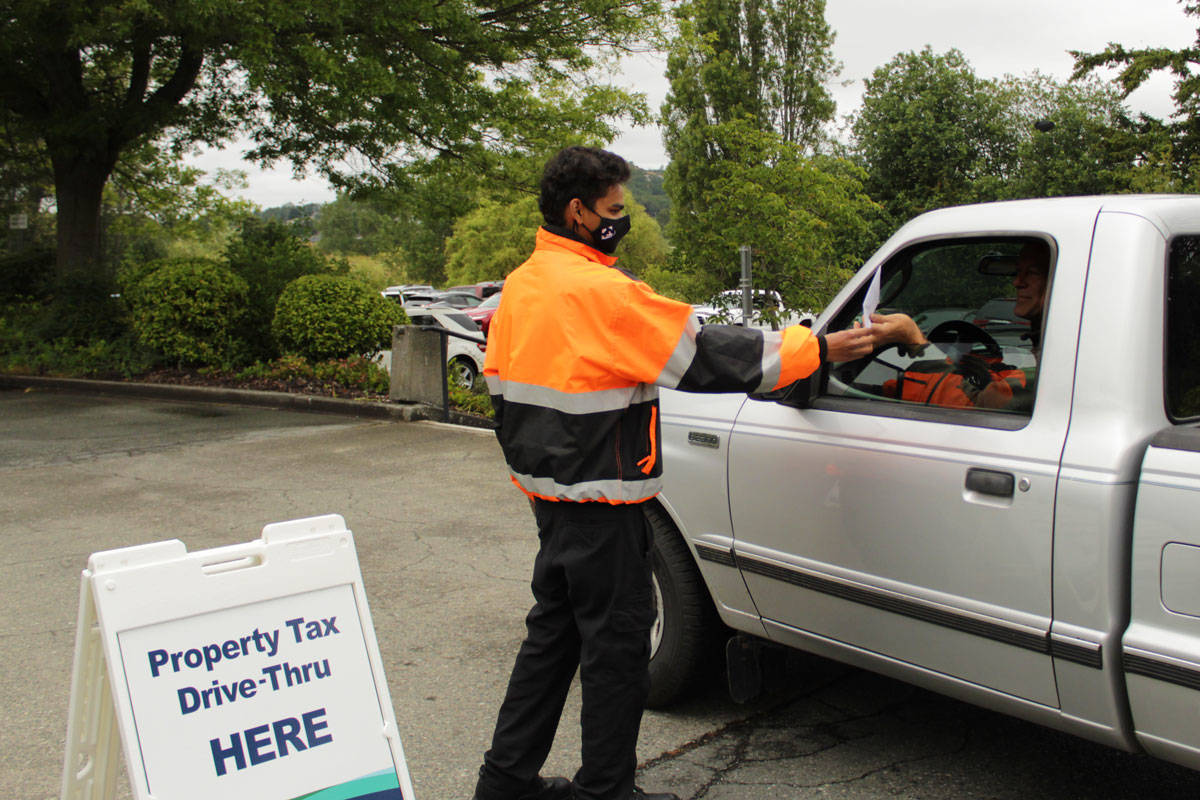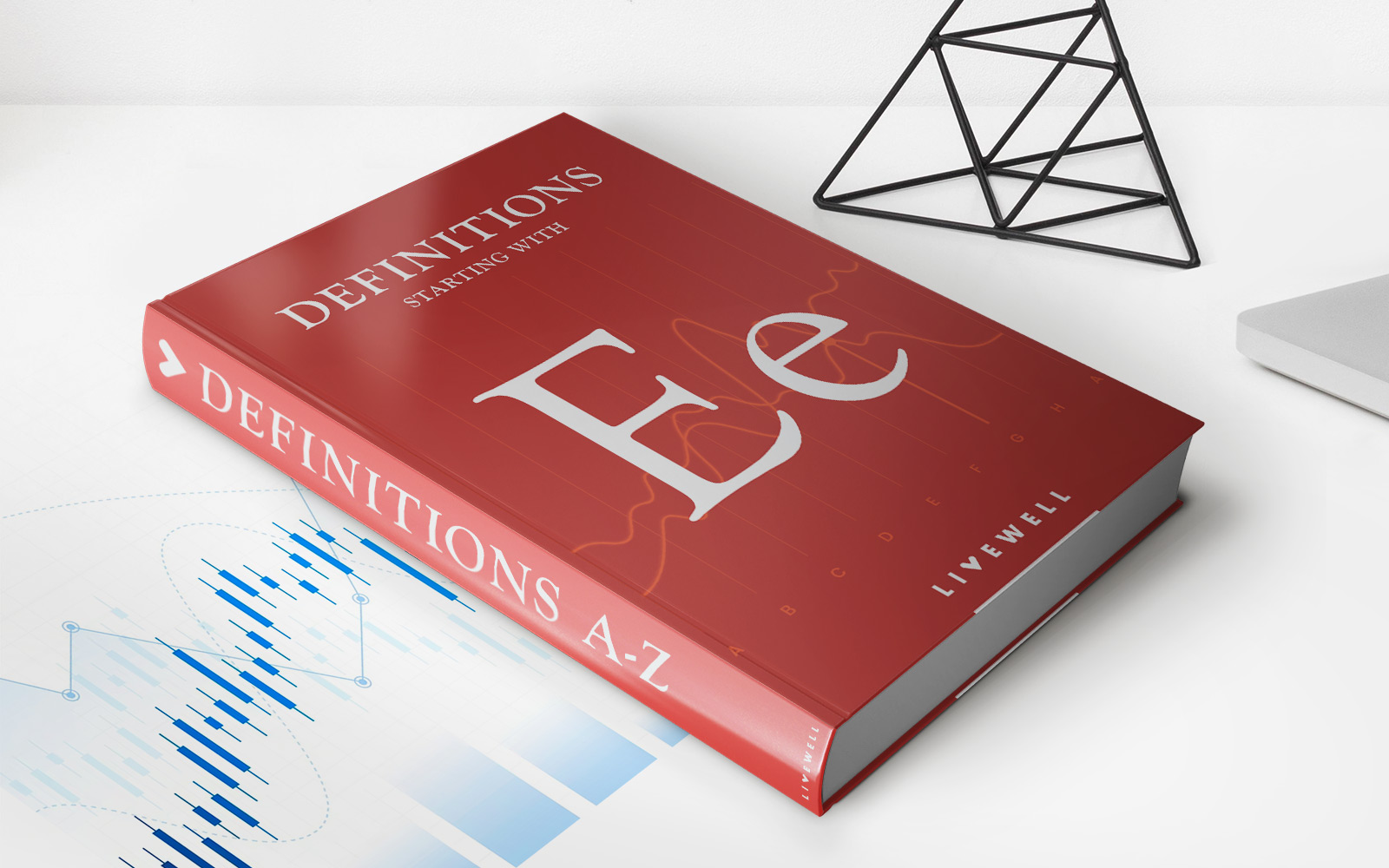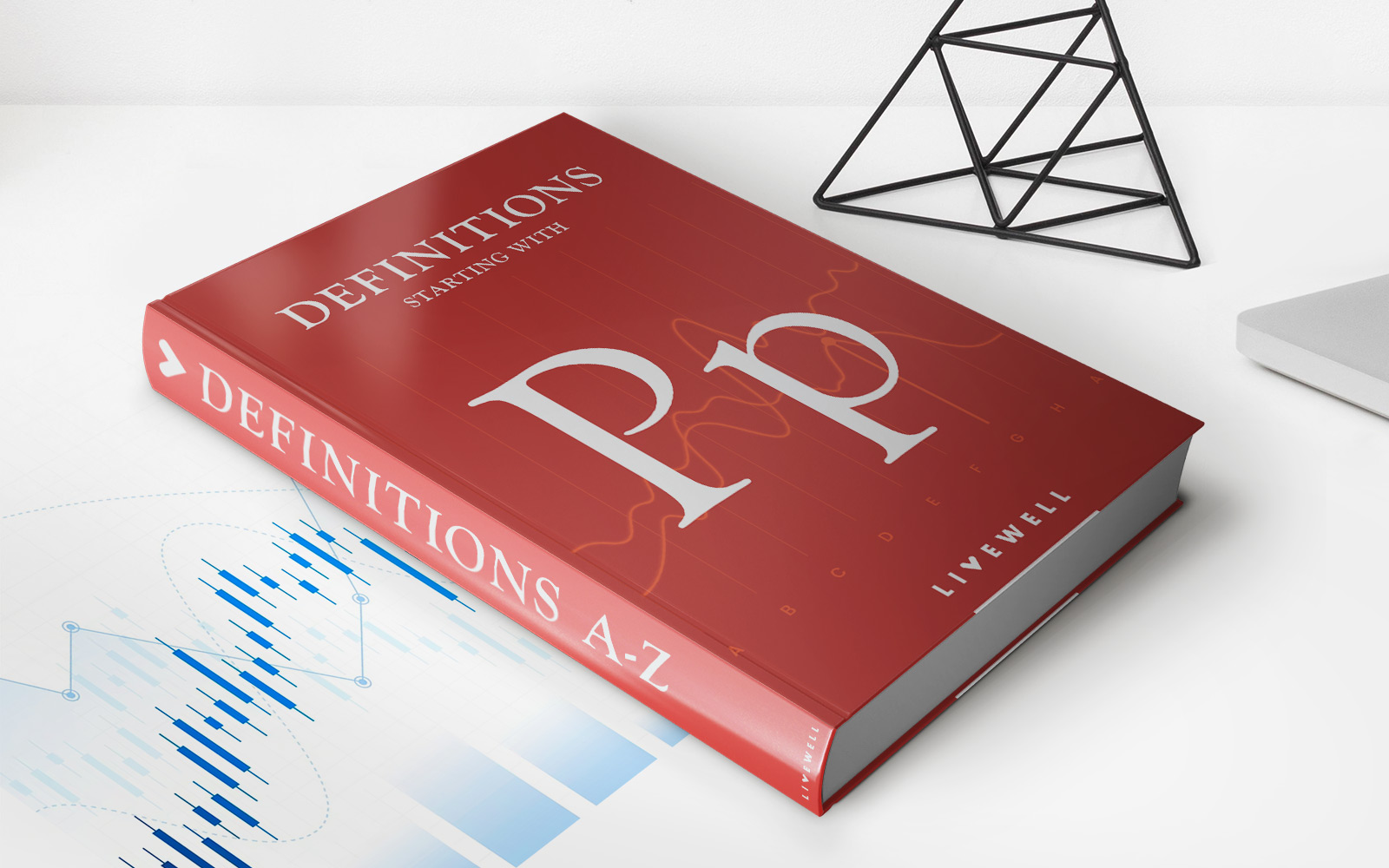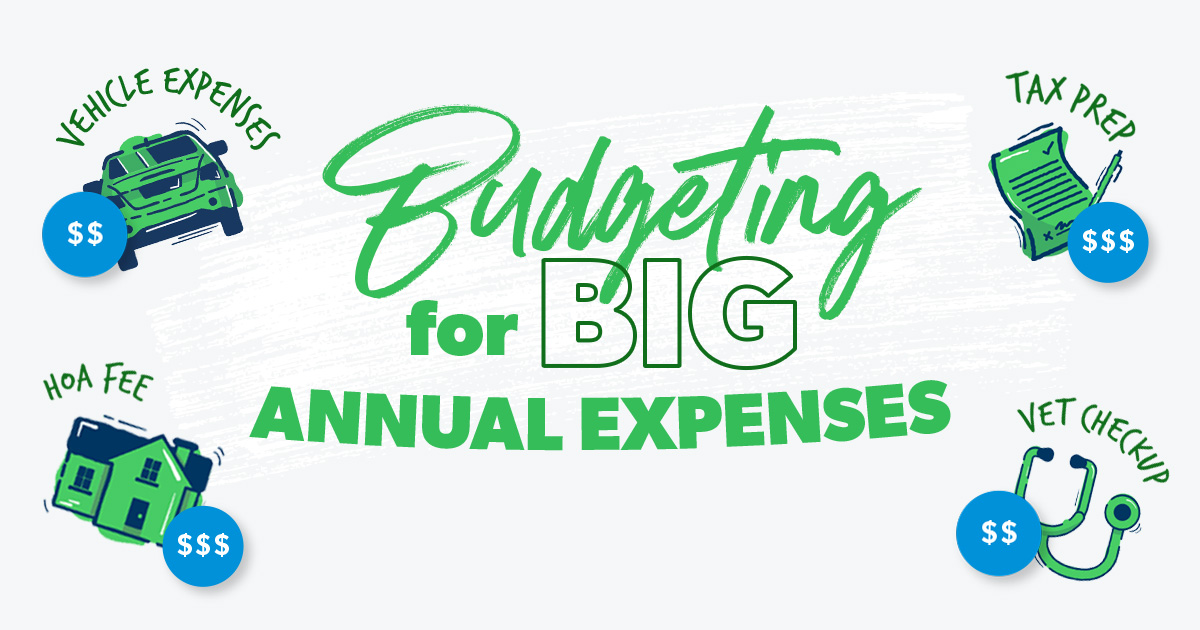Home>Finance>What Happens If You Pay Your Car Insurance Late?


Finance
What Happens If You Pay Your Car Insurance Late?
Modified: February 21, 2024
Discover the consequences of paying your car insurance late. Learn how it can impact your finances and affect your coverage. Don't let penalties and lapses in insurance coverage catch you off guard.
(Many of the links in this article redirect to a specific reviewed product. Your purchase of these products through affiliate links helps to generate commission for LiveWell, at no extra cost. Learn more)
Table of Contents
Introduction
Car insurance is a critical component of responsible vehicle ownership. It provides financial protection in the event of accidents, theft, or other damages. To keep this coverage intact, it is essential to pay your car insurance premiums on time. However, life can be unpredictable, and circumstances may arise that cause a delay in payment. Understanding the consequences of paying your car insurance late is crucial to avoid potential issues.
In this article, we will explore the potential outcomes of paying your car insurance premiums late. From increased premiums to policy cancellation, we will discuss the impact and potential steps to mitigate these consequences.
It’s important to note that each insurance company may have its own policies and procedures when it comes to late payments, so it’s always recommended to refer to your specific insurance provider for their guidelines. However, we can provide you with a general overview of the potential consequences of paying your car insurance late.
Let’s delve into the key terms associated with late payments and explore the potential outcomes you may face if you fail to pay your car insurance premiums on time.
Key Terms
Before we delve into the consequences of paying your car insurance late, let’s familiarize ourselves with some key terms that will be referenced throughout this article:
- Premium: The amount a policyholder pays to an insurance company for coverage. This is typically paid on a monthly, quarterly, or annual basis.
- Lapse in Coverage: A situation where your car insurance policy is no longer active due to non-payment.
- Grace Period: A specified period of time after the due date of a premium during which the insured can still make a payment without immediate penalty or coverage interruption.
- Reinstatement: The process of restoring a lapsed car insurance policy to active coverage status after a late payment.
- Deductible: The amount of money an insured driver must pay out of pocket before the insurance coverage kicks in to cover damages in the event of an accident or claim.
- Underwriting: The process by which an insurance company evaluates the risk and determines the premium to offer a policyholder.
Now that we are familiar with these key terms, let’s explore the potential consequences you may face if you pay your car insurance premiums late.
Consequences of Late Payment
While it’s always best to pay your car insurance premiums on time to avoid any potential issues, life happens, and sometimes we may find ourselves unable to make the payment by the due date. Here are the potential consequences you may face if you pay your car insurance late:
- Increased Premiums: One of the most common consequences of paying your car insurance late is an increase in your premiums. Insurance companies consider timely payments as a sign of responsibility and reliability. When you pay late, it may be seen as an increased risk, causing the insurance company to adjust your premium rates accordingly.
- Policy Cancellation: If you consistently fail to make your car insurance payments on time, your insurance company may decide to cancel your policy. This can leave you without coverage, making it illegal to drive your vehicle without obtaining another insurance policy.
- Coverage Suspension: Rather than cancelling your policy, some insurance companies may choose to suspend your coverage until you make the overdue payment. During the suspension period, you will not have insurance coverage for any accidents or damages that occur. It’s crucial to avoid driving during this time to prevent financial and legal repercussions.
- Late Payment Fees: Insurance companies may charge late payment fees for premiums that are not paid on time. These fees can vary between companies, so it’s important to check your policy documents to understand the exact amount you’ll be charged.
- Negative Impact on Credit Score: Failing to pay your car insurance premiums on time can have a negative impact on your credit score. Late payments can be reported to credit bureaus, leading to a decrease in your overall creditworthiness.
Now that we understand the potential consequences of paying your car insurance late, let’s explore the process of reinstating your policy and steps you can take to avoid late payments in the future.
Increased Premiums
One of the most common consequences of paying your car insurance premiums late is an increase in your premiums. Insurance companies consider timely payments as a sign of responsibility and reliability. When you pay late, it may be seen as an increased risk, causing the insurance company to adjust your premium rates accordingly.
Insurance companies use various factors to determine premium rates, including your driving record, age, location, and credit score. Late payments can be seen as an indicator of financial instability, which can lead to higher premiums. The increase in premiums may not be immediate, but rather, your insurance company may adjust it during your policy renewal.
The actual amount of the premium increase will depend on several factors, such as the terms of your policy, the duration of the late payment, the number of late payments, and the specific policies of your insurance provider. In some cases, the increase can be significant, resulting in a financial burden for the policyholder.
To avoid increased premiums due to late payments, it’s crucial to make your payments on time. Set reminders, use automatic payment methods, or consider paying in advance to ensure you meet the payment deadlines. Being proactive with your payments showcases your responsible behavior, which can help maintain manageable premium rates.
If you have experienced increased premiums due to late payments, it’s worth contacting your insurance provider to discuss options. In some cases, they may be willing to work with you and adjust the premium rates if you can demonstrate a commitment to timely payments moving forward.
Remember, each insurance company may have its own policies and procedures regarding late payments, so it’s essential to communicate directly with your insurer for specific details and potential solutions to mitigate the impact of increased premiums.
Policy Cancellation
If you consistently fail to make your car insurance payments on time, your insurance company may decide to cancel your policy. Policy cancellation is a severe consequence of late payments and can have significant ramifications for any driver.
When your policy is cancelled, it means that your insurance coverage is no longer active, leaving you without the financial protection that car insurance provides. Additionally, driving without insurance is illegal in most jurisdictions, which can result in legal penalties and fines if you are caught without coverage.
The decision to cancel a policy due to late payments is typically a last resort for insurance companies. They may send multiple reminders or notices to give you an opportunity to make the payment before taking this step. However, if these attempts are unsuccessful, they may proceed with policy cancellation.
Once your policy is cancelled, it may be challenging to obtain insurance coverage from other providers. Insurance companies consider policy cancellation a red flag, indicating a higher risk individual. As a result, you may face higher premiums or limited insurance options in the future.
If your policy is cancelled due to late payments, it’s crucial to address the issue promptly. Reach out to your insurance provider to inquire about options to reinstate your policy. In some cases, they may allow you to make the overdue payment and reinstate your coverage. However, they may also adjust your premiums or impose additional conditions as a result of the late payment and cancellation.
To avoid policy cancellation due to late payments, make sure to budget appropriately for your car insurance premiums and set up reminders for payment due dates. If you are facing financial difficulties, it is worth communicating with your insurance provider to discuss potential payment options or flexibility. They may be willing to work with you to find a solution that allows you to maintain coverage without immediate cancellation.
Remember, policy cancellation is a serious consequence and can have long-lasting effects on your ability to obtain insurance in the future. Prioritize making your car insurance payments on time to avoid this situation altogether.
Coverage Suspension
Rather than outright cancelling your policy, some insurance companies may choose to suspend your coverage if you fail to pay your car insurance premiums on time. Coverage suspension means that your policy remains in effect but with a temporary interruption in coverage.
During the period of coverage suspension, you will not have insurance protection for any accidents, damages, or liabilities that may occur. It’s crucial to understand the implications of this suspension and refrain from driving during this time to avoid financial and legal repercussions.
Insurance companies typically provide a grace period to allow policyholders to catch up on their overdue payments before suspending coverage. The length of this grace period can vary between insurance providers, so it’s essential to review your policy documents or contact your insurance company directly for specific details.
Keep in mind that during the coverage suspension period, any claims you file will likely be denied, leaving you responsible for the expenses associated with the incident. Additionally, if you are involved in an accident or pulled over by law enforcement, you may face legal penalties, fines, or even the suspension of your driver’s license for driving without valid insurance coverage.
To reinstate your coverage after a suspension, you will typically need to make the overdue payment along with any applicable fees or penalties determined by your insurance provider. Once the payment is received, your coverage will be restored, and you will once again have the protection provided by your car insurance policy.
To avoid coverage suspension due to late payments, it’s crucial to prioritize paying your car insurance premiums on time. Set reminders, consider automatic payment options, or establish a payment plan if needed. By maintaining consistent and timely payments, you can avoid the inconvenience and potential risks associated with coverage suspension.
Remember, each insurance company may have its own policies and procedures regarding late payments and coverage suspension, so it’s important to familiarize yourself with your specific insurer’s guidelines to understand the details of the process.
Late Payment Fees
Insurance companies often charge late payment fees for premiums that are not paid on time. These fees serve as a penalty for the delay in payment and are intended to incentivize timely payment behavior.
The specific late payment fee amount can vary between insurance providers and may be stated in your policy documents. It’s important to review your policy or contact your insurance company directly to understand the exact fee structure associated with late payments.
Late payment fees can range from a fixed amount to a percentage of your premium. For example, you may incur a flat fee of $25 for each late payment or be charged a percentage of your premium, such as 5% of the total amount due.
These fees can add up over time if you consistently make late payments. Additionally, they may be applied to each subsequent late payment, increasing the overall financial impact.
To avoid incurring late payment fees, it’s essential to prioritize paying your car insurance premiums on time. Set up reminders or automatic payments to ensure you meet the payment deadlines. By doing so, you can avoid the additional financial burden caused by late payment fees.
If you find yourself unable to pay your premium on time due to unforeseen circumstances, it’s recommended to contact your insurance provider as soon as possible. They may be willing to work with you and provide alternative payment arrangements or extensions to help you avoid additional fees.
Overall, understanding and adhering to the payment schedule set by your insurance company can help you avoid late payment fees, maintain a good payment history, and ensure the uninterrupted coverage necessary for your vehicle.
Negative Impact on Credit Score
Failing to pay your car insurance premiums on time can have a negative impact on your credit score. Late payments can be reported to credit bureaus, which can result in a decrease in your overall creditworthiness.
Credit bureaus collect information from various sources, including lenders and financial institutions, to create credit reports. Late payments on your car insurance premiums are considered a form of delinquency and can be reported as such. This information becomes part of your credit history and can affect your credit score, which is used by lenders to assess your creditworthiness when you apply for loans or other forms of credit.
A lower credit score can result in several negative consequences. It may become more difficult to obtain credit cards, loans, or favorable interest rates. Even if you are approved for credit, you may face higher interest rates, increasing the cost of borrowing.
It’s worth noting that not all insurance companies report late payments to credit bureaus. However, many do, and it’s crucial to understand the policies of your specific insurance provider in this regard. Review your policy documents or contact your insurance company directly to determine their reporting practices.
To prevent a negative impact on your credit score due to late car insurance payments, it’s essential to make timely payments. Set reminders, use automatic payment methods, or establish a budget that accounts for your insurance premiums. By maintaining a good payment history and avoiding delinquencies, you can protect your credit score and demonstrate responsible financial behavior.
If you do find yourself in a situation where you are unable to make the payment on time, it’s recommended to contact your insurance provider and explain the circumstances. They may be willing to work with you to find a solution that prevents the late payment from being reported to credit bureaus.
Overall, paying your car insurance premiums on time is not only important for maintaining coverage but also for protecting your credit score and financial well-being.
Reinstatement Process
If your car insurance policy has been cancelled or suspended due to late payments, you may be wondering about the reinstatement process. Reinstating your policy involves restoring your coverage after it has lapsed or been temporarily suspended. It’s important to note that the specific reinstatement process can vary between insurance companies, so it’s essential to consult your insurance provider for their specific guidelines. However, here is a general overview of what you can expect when reinstating your car insurance policy:
- Contact your insurance provider: Reach out to your insurance company as soon as possible to discuss the situation and express your desire to reinstate your policy. They will guide you through the necessary steps and provide you with the information and requirements for reinstatement.
- Make the overdue payment: In most cases, you will need to pay any outstanding premiums along with any late payment fees or penalties determined by your insurance company. They will inform you of the total amount due and the acceptable methods of payment.
- Provide necessary documentation: Your insurance company may require you to provide certain documents during the reinstatement process. This may include proof of identification, proof of address, and any other documents deemed necessary by your insurance provider.
- Agree to updated terms: Depending on the circumstances and the policies of your insurance provider, they may require you to agree to updated terms and conditions upon reinstatement. This could include changes to your premium rates, coverage limits, or other policy details. Review the new terms carefully and address any questions or concerns with your insurance company before proceeding.
- Confirmation of reinstatement: Once you have completed the necessary steps and made the required payment, your insurance company will provide you with confirmation of your policy reinstatement. This will reinstate your coverage, allowing you to drive legally and have financial protection in the event of accidents or damages.
It’s important to note that reinstating your car insurance policy may come with certain conditions or consequences due to the previous late payment or lapse in coverage. Your insurance provider may adjust your premiums, impose additional fees, or require you to fulfill certain obligations moving forward.
To avoid the reinstatement process altogether, it’s crucial to maintain a proactive approach to your car insurance payments. Be mindful of due dates, set reminders, and explore payment options that work best for your financial situation.
Remember, each insurance company may have its own policies and procedures for reinstatement, so it’s essential to consult with your specific insurer to understand the reinstatement process and requirements.
Avoiding Late Payments
To prevent the consequences associated with late payments on your car insurance premiums, it’s important to establish strategies and habits that help you avoid falling behind. Here are some tips to help you avoid late payments and maintain consistent coverage:
- Set reminders: Utilize calendar alerts, mobile apps, or other reminder tools to notify you of upcoming payment due dates. This can help ensure that you don’t miss any payments.
- Automate your payments: Consider setting up automatic payments with your insurance company. This way, your premiums will be automatically deducted from your bank account on the designated due date, eliminating the risk of forgetting to make a payment.
- Review your payment schedule: Take the time to review your car insurance policy and understand the payment schedule. Be aware of the due dates and any grace periods provided by your insurer. This will help you plan your finances accordingly.
- Budget for your premiums: Include your car insurance premiums as a recurring expense in your budget. Allocate funds to ensure that you have sufficient funds to cover the payments when they are due.
- Explore different payment options: Check if your insurance provider offers flexible payment options, such as quarterly or annual payments. These options may offer cost-savings or help you better manage your finances by reducing the frequency of payments.
- Communicate with your insurance provider: If you are experiencing financial difficulties or foresee a potential issue with making your payment on time, it’s essential to reach out to your insurance company. They may be willing to work out a payment arrangement or provide assistance to help you maintain coverage without incurring penalties.
Maintaining a proactive approach to your car insurance payments is crucial for avoiding late payments. By implementing these strategies and being diligent with your payment responsibilities, you can prevent the negative consequences of late payments on your car insurance policy.
Remember, every insurance company has its own policies and procedures when it comes to late payments. Familiarize yourself with your insurer’s guidelines regarding grace periods, late payment fees, and reinstatement procedures to ensure you are fully informed.
By prioritizing timely payments, you can maintain consistent coverage, save money on potential fees and penalties, and have peace of mind knowing that you are protected on the road.
Conclusion
Paying your car insurance premiums on time is vital for maintaining coverage and avoiding potential consequences. Late payments can have various ramifications, including increased premiums, policy cancellation, coverage suspension, late payment fees, and negative impacts on your credit score.
To mitigate these risks, it’s important to familiarize yourself with your insurance provider’s policies and procedures regarding late payments. Set reminders, consider automatic payment options, and budget for your premiums to ensure timely payments. If you are facing financial difficulties, reach out to your insurance company to discuss potential solutions or alternative payment arrangements.
In the event that your policy is cancelled or suspended due to late payments, the reinstatement process will involve making the overdue payment and possibly agreeing to updated terms. Remember to comply with any requirements and obligations set by your insurance provider upon reinstatement.
Avoiding late payments altogether is the best course of action. Set reminders, automate payments, and communicate with your insurer if you anticipate difficulties in making timely payments. By doing so, you can maintain a good payment history, prevent financial strain, and ensure you have the necessary coverage in case of accidents or damages.
Remember, each insurance company may have its own policies and procedures regarding late payments, so it’s crucial to refer to your specific insurer for accurate information and guidance.
By prioritizing timely payments and being proactive with your car insurance premiums, you can protect yourself financially, maintain coverage, and drive with peace of mind knowing that you are responsibly meeting your insurance obligations.














